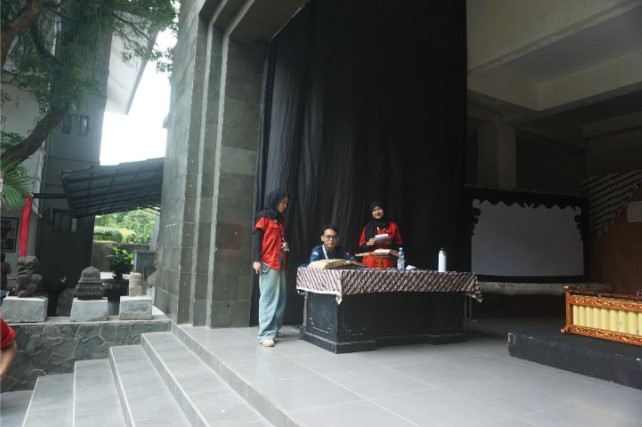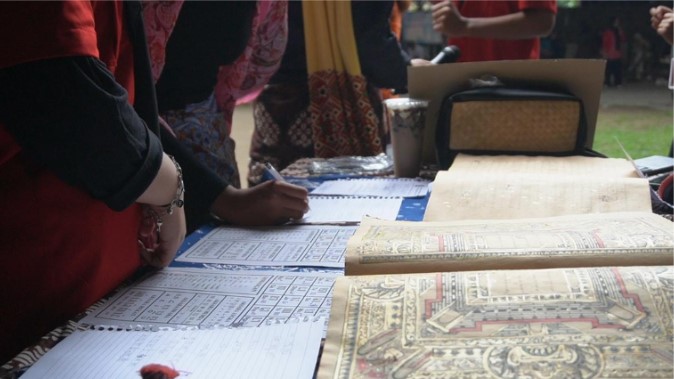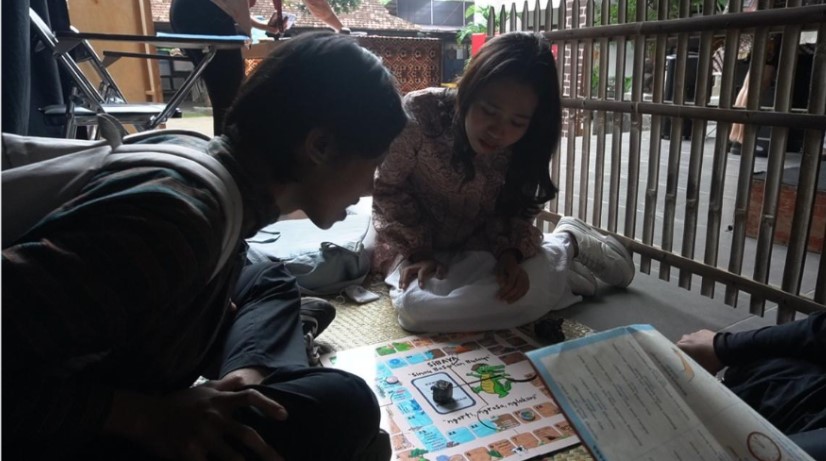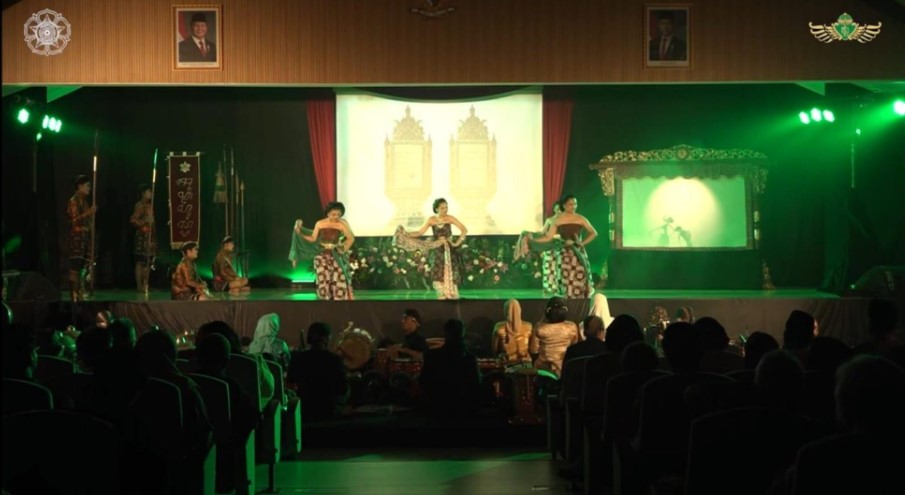Yogyakarta, October 18, 2025 – Students from the Arabic Study Program, Faculty of Cultural Sciences, Universitas Gadjah Mada (UGM), have once again brought pride to their university at the national level. The team, consisting of Muhammad Al Hasan and Faqih Hidayatulloh, successfully won 2nd Place in the Essay Presentation Competition at the Arabic Fair 2025.
The Arabic Fair 2025 is an annual competition organized by the Arabic Literature Study Program, Faculty of Cultural Sciences, Universitas Sebelas Maret (UNS), and supported by the QISAR Arabic Student Association. The event serves as a platform to broaden academic perspectives and enhance students’ competencies in Arabic language and literature.
In the Essay Presentation category, Muhammad Al Hasan and Faqih Hidayatulloh competed against participants from universities across Indonesia. The category challenged students not only to compose their ideas in a written essay but also to present them persuasively and comprehensively before the judges. Through determination and hard work, the UGM team demonstrated their exceptional quality, securing the 2nd best position and outperforming many other competitors. Remarkably, both are first-semester students, making their achievement even more impressive as they competed alongside senior-level participants.
Expressing their gratitude, the team emphasized the importance of confidence and perseverance in academic pursuits. “We worked day and night to prepare for this competition. But we believe this achievement is not the end of our journey, it’s just the beginning of a long road ahead,” said Muhammad Al Hasan on behalf of the team.
The accomplishment of Muhammad Al Hasan and Faqih Hidayatulloh adds another milestone to the list of achievements of UGM’s Arabic Study Program students at the national level. Their success is expected to inspire and motivate fellow students to continue participating actively in competitions and academic initiatives. The Faculty of Cultural Sciences at UGM extends its warmest congratulations to the team for their remarkable achievement.
[Arabic Literature, Faqih Hidayatulloh & Muhammad Al Hasan]














